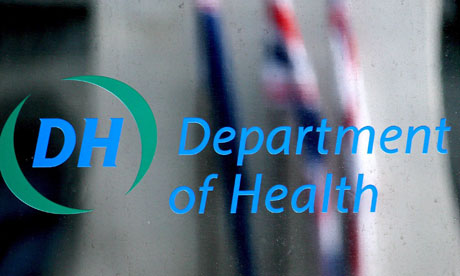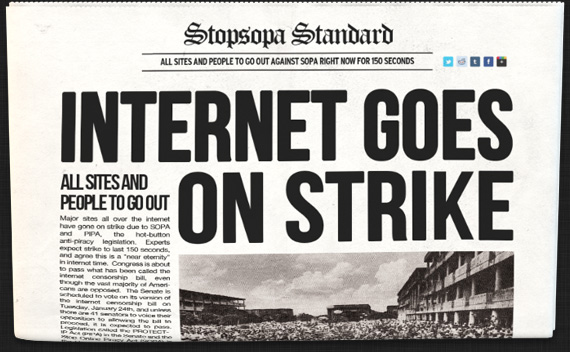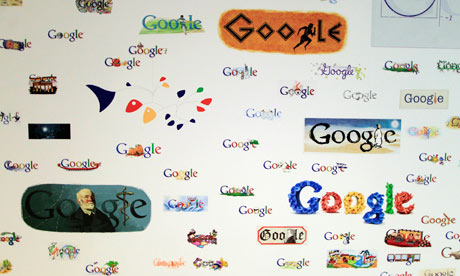Africa
Gap widens between good and bad performers in Africa
Dramatic falls by countries that cracked down on mass unrest
The 2011 Arab Spring did not spill over into sub-Saharan Africa to the point of bringing down any governments, but some regimes had to face forceful political and social demands, and journalists covering demonstrations were often the victims of indiscriminate police repression or were targeted by police who did not want them covering the crackdown.
This was the case in
Angola (132nd), where many journalists were arrested during protests in September, and in
Uganda (139th), which fell 43 places in the index after a year that will not be forgotten by its media. They were the targets of violence and surveillance during the presidential election in February and were targeted again during the brutal crackdown on the “Walk to Work” protests later in the year, when dozens of journalists were arrested.
It was even worse in
Malawi (146th), which plunged 67 places in the index, the biggest fall of any country in the world. Malawi’s journalists were treated like demonstrators during the crackdown on protests in the summer. Many were arrested and mistreated, and equipment was broken. A student and blogger, Robert Chasowa, who was found dead in September, was almost certainly murdered. Media that wanted to investigate the case were threatened. Before all this, Malawi’s media legislation had been toughened so much at the start of the year that some European partners suspended part of their aid.
Closed and authoritarian countries near bottom of index
Reporters Without Borders regards the situation in
Rwanda (156th) and
Equatorial Guinea (161st) as very grave because of the control that their governments exercise over the media and freedom of expression in general. They have been joined by
Djibouti (159th), which fell 49 places. Its president, Ismael Omar Guelleh, was returned to office at the start of 2011 in an election that was decided in advance and gave the opposition no possibility of expressing itself in the media. There is no free press, six people who provide an exile radio station with information were jailed for four months, and social networks are closely monitored to ensure that there are no protests.
The presence of
Côte d’Ivoire in this same group of countries (sharing 159th position with Djibouti) could be misleading. Côte d’Ivoire has real media, unlike Guelleh’s Djibouti or Teodoro Obiang Nguema’s Equatorial Guinea, and they say what they think, unlike the media in Paul Kagame’s Rwanda, which have little freedom of expression. Côte d’Ivoire’s poor ranking reflects the dramatic impact that the post-election crisis had on the media in the first half of 2011, including harassment of all kinds, acts of violence and the murders of a journalist and a media worker. During the battle of Abidjan at the start of April, it was impossible for a journalist venture out into the city.
Violence, censorship and prison give East Africa three worst rankings
The three worst sub-Saharan rankings are all to be found in East Africa. Year after year, journalists continue to be exposed to the chaos and anarchy in
Somalia (164th), a country embroiled in civil war and without a stable government since 1991. Four journalists were killed in Mogadishu in 2011. The bad ranking assigned to Omar al-Bashir’s
Sudan (170th) was due to prior censorship, closures of newspapers, and arrests, prolonged detention and mistreatment of journalists.
Finally,
Eritrea (179th) came last in the index for the fifth year running. Freedom of opinion, like all the other freedoms, does not exist under the totalitarian dictatorship that President Issaias Afeworki has imposed on this Horn of Africa country. At least 30 journalists are currently detained in appalling conditions. Some have been held for more than 10 years.
At the other end of the index, several African countries made significant progress or showed that respect for freedom of information has taken a firm hold in their societies.
Good countries group gets bigger
The number of African countries that are in the top 50 of the index has risen from seven last year to nine this year, while the number that are in top 100 has risen from 24 to 27. The highest non-European country in the index is an African one and in fact it is in the top 10. It is
Cape Verde (9th), a healthy democracy and model of good governance, where governments can be changed through the ballot box, as last summer’s presidential election again showed. Journalists there are completely free and all the political parties have access to the state media.
Namibia (20th) also has an excellent ranking, better than Japan or the United Kingdom, for example.
Botswana (42nd), which rose 20 places, and
Comoros (45th), which rose 25 places, are now jostling
Mali (25th) and
Ghana (41st), Africa’s traditional leaders in respect for journalists.
A spectacular jump and other notable improvements
Niger (29th) rose 75 places in the index, the biggest leap by any country in the world this year. The economic environment for Niger’s media is very precarious but they are free and benefit from favourable legislation. Media freedom violations have virtually disappeared. The improvement has been seen in both concrete and symbolic measures. At the end of 2011, Mahamadou Issoufou, who was elected president in the spring, became the first African head of state to sign the Declaration of Table Mountain, thereby undertaking to promote media freedom.
Other African leaders could follow suit, such as Mohamed Ould Abdel Aziz, the president of
Mauritania (67th), which rose 28 places thanks to the adoption of a law on the electronic media, the opening up of the broadcasting sector, and other developments. Its progress needs to be confirmed.
Cameroon (97th) fell sharply in 2010 because of the journalist Bibi Ngota’s death in detention but recovered a respectable ranking in 2011 although light has yet to be shed on all aspects of his death and on the death in November of this year of Reporters Without Borders correspondent Jules Koum Koum, a journalist who wrote about corruption. Cameroon also badly needs to decriminalize media offences and modernize its communication law.
Madagascar (84th) continued to improve for the second year running after plummeting in 2009 because of that year’s political crisis but, 2012, as an election year, will pose challenges.
Soft underbelly
The absence of major incidents involving the media allowed
Senegal (75th) to rise 18 places but the situation is fragile one month ahead of a presidential election that is likely to be tense. Like their Cameroonian counterparts, the Senegalese authorities are still not ready to protect journalists from prison sentences by decriminalizing media offences. Aside from abusive lawsuits,
Liberia (110th) usually allows its media a great deal of freedom but it fell 26 places this year because journalists were attacked and media were closed during the presidential election in October and November, when challenger Winston Tubman boycotted the run-off against the incumbent, Ellen Johnson Sirleaf.
South Sudan (111th), which became independent on 9 July, entered the index with a respectable ranking. The challenge for this country is to build a solid and viable state in a very unstable region while guaranteeing freedom of expression. It must make every effort to avoid sinking to the level of its neighbours.
Download the full version

 Poland is bracing for a new day of protests against a copyright agreement signed by Warsaw on Thursday. Opponents staging demos and hacker attacks say the ACTA treaty amounts to internet censorship and gross violation of human rights.
Poland is bracing for a new day of protests against a copyright agreement signed by Warsaw on Thursday. Opponents staging demos and hacker attacks say the ACTA treaty amounts to internet censorship and gross violation of human rights. Lamar Smith, the chief sponsor of SOPA, said on Friday that he is pulling the bill “until there is wider agreement on a solution.”
Lamar Smith, the chief sponsor of SOPA, said on Friday that he is pulling the bill “until there is wider agreement on a solution.”

